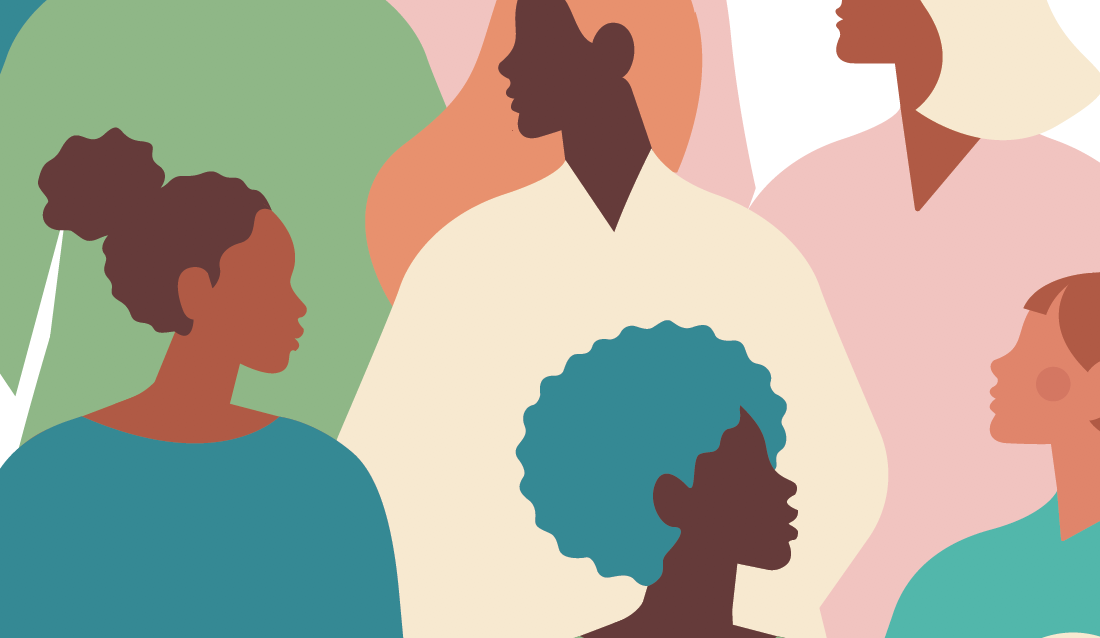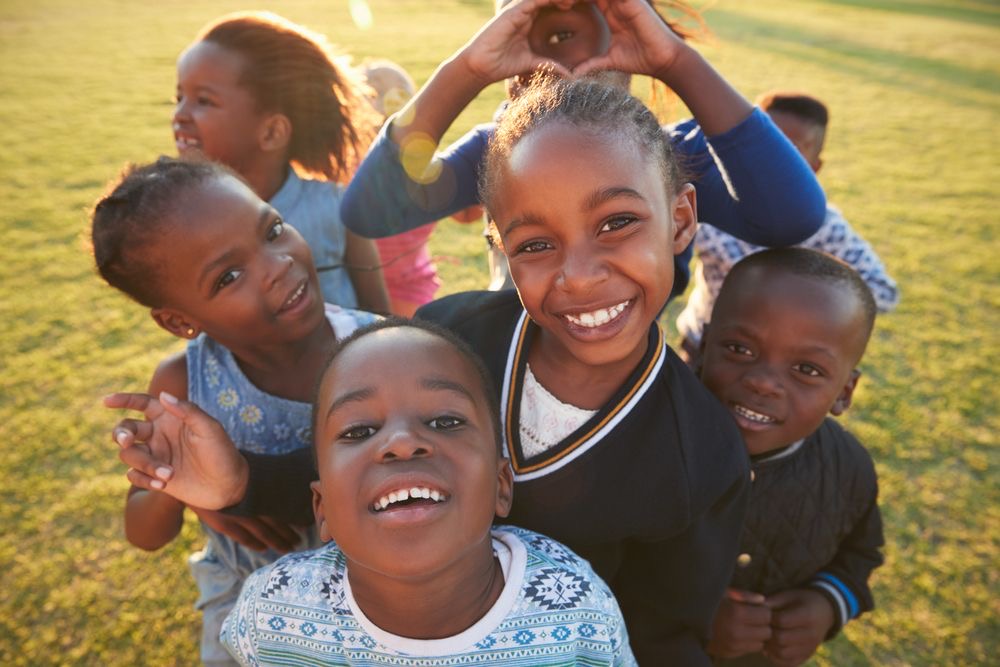Endemic threats to equality
The far-reaching effects of COVID-19 threaten to roll back hard-won progress in the rights of women, children and adolescents. But if leaders live up to their commitments, we can ensure the world does not regress from its achievements on gender equality
Over the past two decades, the world has moved forward on aspects of gender equality: more girls are in school; more countries are enacting reforms in support of women’s rights; and global maternal mortality fell by 38% between 2000 and 2017.
Tragically, however, COVID-19 is having both direct and indirect negative effects on women, children and adolescents that now threaten to wind back hard-won progress.
During the pandemic, in many places access has been restricted to services, supplies and information relating to sexual, reproductive, maternal, newborn, child and adolescent health, including to contraception, safe abortion and mental health support. An estimated 47 million women, largely in low- and middle-income countries, have been unable to access modern contraceptives.
The situation is especially challenging for women who are migrants, refugees, persons with disabilities, those living in conflict settings, and those who are missing out because of ethnic or other disparities. Several studies looking at the effects of the virus on pregnant women have revealed a range of such disparities. Refugees and migrants are at greater risk because they typically live in more crowded conditions with less access to safe water and sanitation.
COVID-19 has also led to more unequal pay and unsafe working conditions for health workers, 70% of whom are female, including a lack of access to personal protective equipment. Nurses and midwives are often the last to be prioritised for PPE and other safety measures. In addition, whether in health care or not, more women than men work in informal sectors, often with an absence of job security and benefits.
The virus has also increased inequalities in domestic labour. Working mothers bear increased responsibility for childcare, and in families where both parents work, the mother is affected more than the father, taking on the brunt of childcare and homeschooling, and often caring for older, sick and disabled relatives too.
Finally, measures taken to control the virus, including lockdowns, exacerbate gender inequities further. Some reports suggest a 25% surge in intimate partner violence. In Latin America, calls to domestic violence helplines have increased by up to 90%. Meanwhile, the fact that so many girls have been unable to attend school because of closures, may result in 13 million more child marriages in the next decade.
What women want
Given all these setbacks, international stakeholders, including politicians, public servants, civil society, the private sector, donors and international organisations, must take urgent steps to address the gender inequities that are influencing COVID-19 health outcomes.
First and foremost, we must listen to what women want most – which is respectful and dignified care. That was the message emerging from the What Women Want campaign, led by the White Ribbon Alliance and supported by the Partnership for Maternal, Newborn and Child Health and other partners, which took evidence from more than one million women. Enjoying such care includes not being discriminated against, not having to pay for services that are supposedly free, having services that meet quality standards and respect the dignity of women, and having access to skilled health providers, sexual and reproductive health information, and contraceptive services, including for adolescent girls.
These principles of care are always important, not least during childbirth. A recent study by the World Health Organization and the Human Reproduction Programme of health facilities across Ghana, Guinea, Myanmar and Nigeria revealed that more than one-third of women experienced mistreatment during childbirth, including physical and verbal abuse, stigma and procedures performed without consent.
The WHO recently issued a statement showing the importance, including during a pandemic, of women having a companion of their choice during labour to give emotional and practical support. As long as such protection measures are incorporated, experiences of childbirth and health outcomes improve. Women also want a clinically and psychologically safe environment with staff who are kind, competent and reassuring.
Second, we need effective multi-sectoral partnerships. PMNCH is the world’s largest alliance of partners dedicated to the health of women, children and adolescents. We have issued a Call to Action and a seven-point plan on COVID-19 to ensure that their health is protected and promoted. The basic principles of universal health coverage and primary health care must be followed: meeting people’s health needs throughout their lives; addressing the broader determinants of health; and empowering individuals, families and communities to take charge of their own health.
Third, we need more data disaggregation to ensure that the needs of the most vulnerable can be addressed. We must recognise how vulnerabilities intersect with gender to raise risks of infection, and how they affect recovery. We must use a gender-based lens when examining programming and policy to avoid depleting budgets for sexual, reproductive, maternal, newborn, child and adolescent health to pay for general pandemic care.
The irony is that although women have suffered disproportionately during this pandemic, countries with female leaders have tended to fare the best. My own country, New Zealand, offers an example of enlightened female leadership. But all decision makers – men and women – must live up to their commitments, making sure that the needs of women, children and adolescents continue to be prioritised.
At PMNCH, we advocate for women, children and adolescents, regardless of the conditions in which they live, to receive their fair share of resources and services, and for meeting their needs to be central to the global COVID-19 response. Our world must not regress from the achievements on gender equality that have been made over many years.












